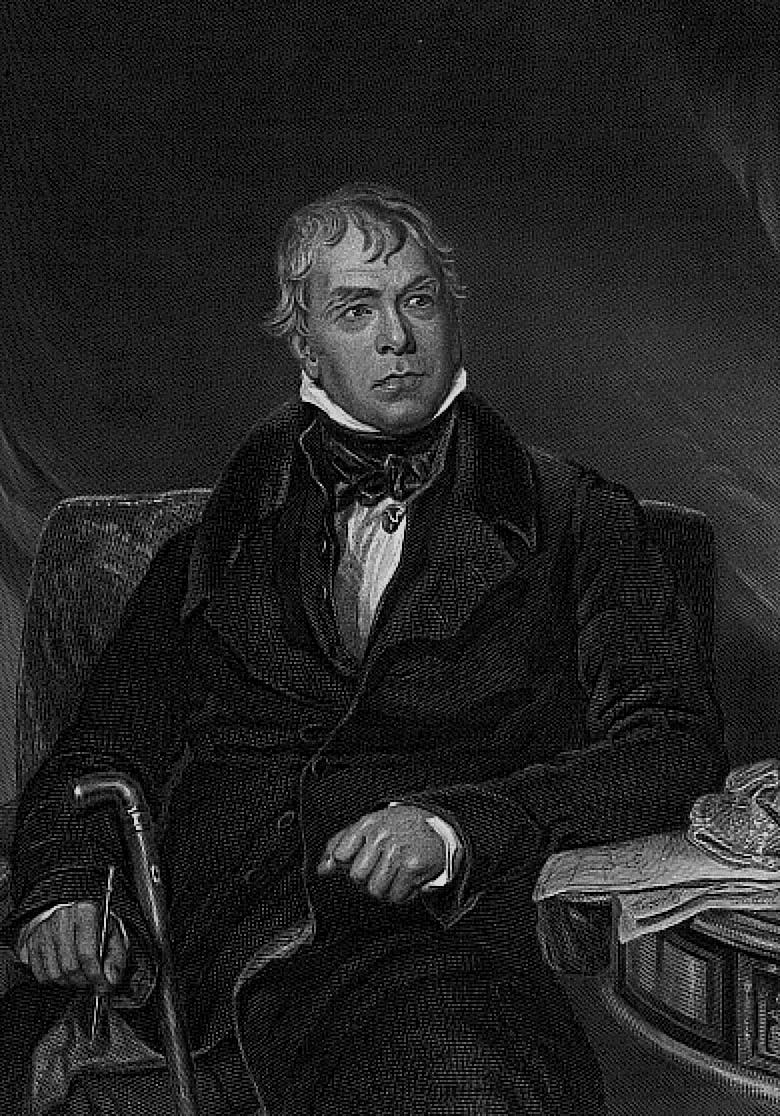
The assault on institutional religion, on old-fashioned economic methods, on family authority, and on small political communities has set the individual free from nearly everything, truly; but that freedom is a terrifying thing, the freedom of a baby deserted by his parents to do as he pleases.
I have done it. I have successfully read Russell Kirk’s The Conservative Mind all the way through. I rate this accomplishment just a bit behind getting my master’s degree.
The essence of conservatism is aristocracy – at least that’s what this book seems to be saying. Which is not optically optimal, in my mind. And I may be misreading Kirk’s intentions – he may simply be accurately transcribing the arguments of the historical conservatives he’s surveying, from Edmund Burke to T. S. Eliot.
Most English and American conservatives, up until recently, have defended some kind of aristocracy. Not because they believe aristocrats to be superior by blood, but for prudential reasons. Your alternatives in governance, they argue, are either some kind of autocracy – where a monarch or a dictator rules by personal caprice – or pure democracy, where the public, which knows only what it wants, uses its votes to allocate all the wealth to itself. You can’t get any kind of real justice from either alternative.
The aristocracy, they have argued, is some kind of class of men (or people) who’ve been schooled in the ancient truths and the lessons of history. They preserve the institutions that guarantee rights and freedom, which dictators and the masses alike would take away.
Since the 20th Century, though, the cause of aristocracy has mostly been lost, and we’ve been trying to find a way to raise an aristocracy out of the general public through education. Kirk saw hope for the future at the time of writing, feeling that conservatives were producing good art and analysis and positively influencing culture.
It seems to me, however, that prospects look less sunny since the 1980s when the book was last updated. We now have an educational system expressly committed to erasing the Anglo-American tradition. And our immigration policies are focused on bringing in large numbers of people who are either indifferent or actively hostile to that tradition.
Kirk’s original title for the book was The Conservative Rout. He meant it to be a story of a long retreat, but with hope in the end. For the conservative reader in the early 21st Century, I fear the outlook is less encouraging.
And that was before the epidemic…


